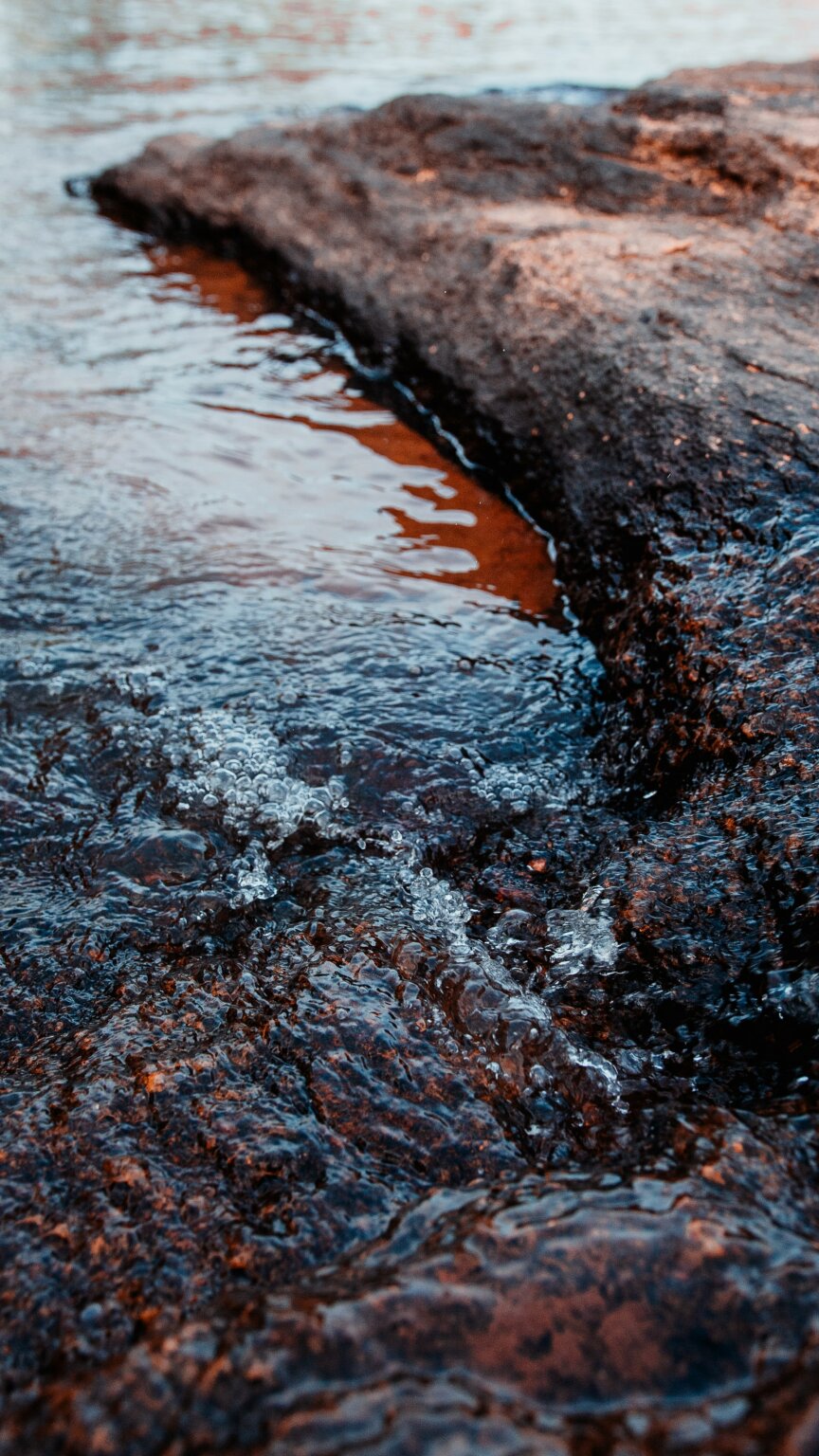- About
- Topics
- Story
- Magazine
- In-Depth
- Picks
- Opinion
- News
- Donate
- Signup for our newsletterOur Editors' Best PicksSend
Read, Debate: Engage.
When the underwater volcano erupted near the coast of Tonga, in the Pacific Ocean, the tsunami warnings caught the attention of the island. The consequences of the waves on those territories were, indeed, devastating. But an unpredicted consequence of the natural disaster was not as inevitable as the others: a huge oil spill near the coast of Peru led to one of the biggest ecological disasters in recent times for the Latin American country.
According to reports, nearly 6,000 barrels of oil were poured into the sea from a Spanish refinery operating on the Peruvian coast. The consequences of such a disaster on the coastal communities who depend on the sea to earn a living and on marine life are still being counted and there is no consensus about the total area affected, although Reuters estimates it at up to 1.7 million square meters of land and 1.2 million square meters of sea. The president of Peru, Pedro Castillo, declared a state of emergency and is claiming that the company Repsol is accountable for supposedly not having proper security systems; the company, in its turn, blames the government for not warning about the waves.
This is not the first time we have witnessed a disaster involving oil exploitation, and it is sadly not likely to be the last. People and wildlife are also under constant threat by the mining activities occurring in many Latin American countries, mostly because companies and governments disrespect any judicious limits of nature. This is the case of Minas Gerais, a state in Brazil known for its mining activities, where a tailing dam collapsed three years ago: almost 300 people died, a city was dragged by a mudslide and a river was severely contaminated. Specialists warn that there are currently other dams potentially at risk of a similar collapse.
The greediness of some companies is so endless that mining exploitation keeps advancing further and further into indigenous territories: among other consequences, there have been reports of rivers being contaminated and, not infrequently, those who try to stop the activities end up being killed.
It is a genocide and an ecocide, all in the name of an already obsolete economic model. Our society has enough knowledge to invest in the development of new kinds of energy. This is what the campaign Keep It In The Ground advocates, further demanding that governments and companies stop investing in fossil fuels. "We can do this. With a managed decline to wind-down fossil fuel production that ensures a smooth and just transition to a safer energy economy, we can protect workers, protect communities, bring energy access to the poor, and ramp up renewable energy as soon as we put an end to fossil fuels," reads its letter.
Similarly, solving the mining problem may not be so simple, but the solution certainly involves remodeling the way we live - without the endless appetite for consumption. The green transition is frequently put into this debate, as batteries need lithium, for example, a chemical component whose extraction harms the environment and threatens communities in places like Chile and Bolivia.
In this regard, Greenpeace brings us some valuable thoughts: "The opposite of our extractive mindset isn’t as simple as swapping fossil fuel cars for EVs, one for one. Instead, we need to build a new system, where we move away from cars that are fueled by petrol and diesel and need fewer cars in general."
Photo by Zbynek Burival
